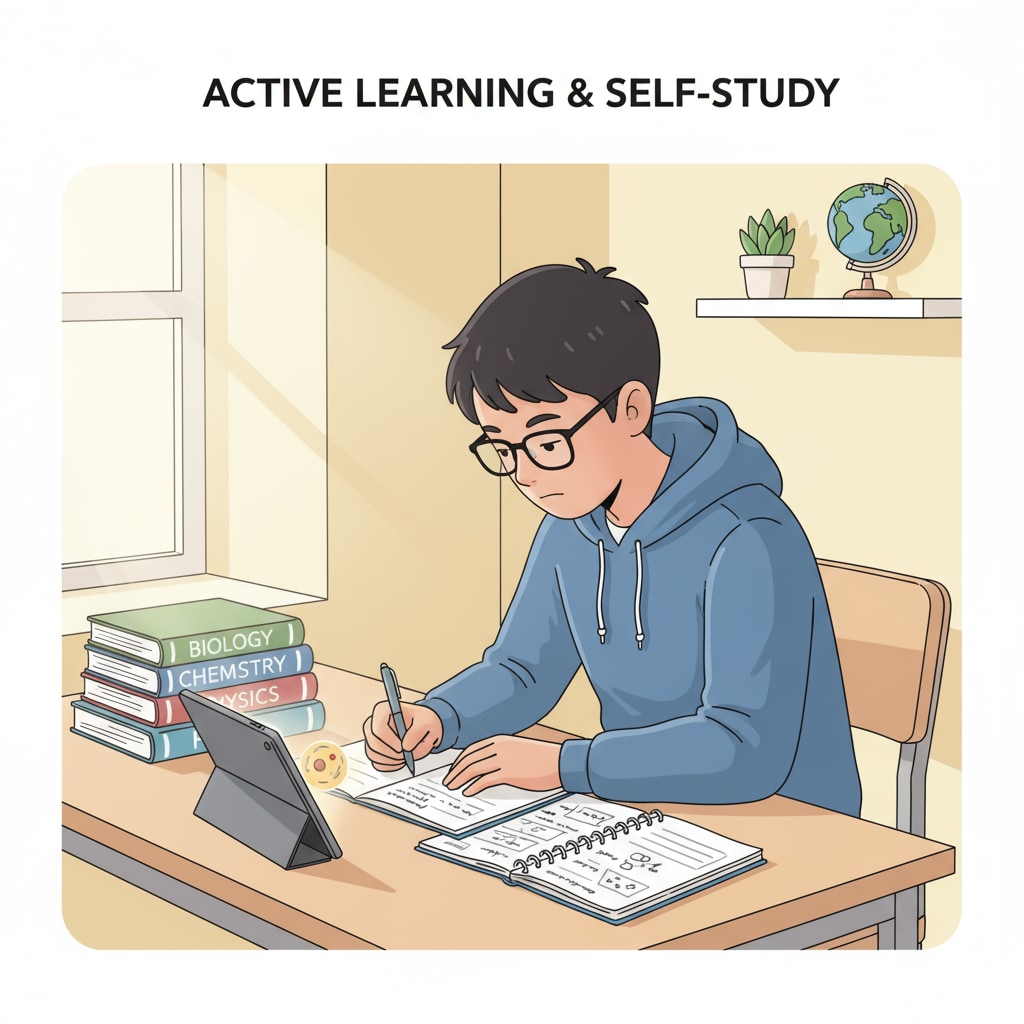Self-education, high school grades, and quality of life are intertwined aspects that can significantly shape one’s future. For students who experience poor academic performance in the later stages of high school, the journey ahead may seem daunting. However, self-education can serve as a powerful tool to turn things around and lead to a fulfilling life.

The Power of Self-Education
Self-education is not just about picking up knowledge on your own; it’s a transformative process. It allows you to take control of your learning, focusing on areas that interest you and are relevant to your future goals. For instance, if you struggled with traditional classroom learning in high school, self-education gives you the freedom to explore different teaching methods and resources. You can learn at your own pace, delve deeper into subjects, and gain a more profound understanding. According to Wikipedia’s page on self-education, self-educated individuals often develop strong self-discipline and critical thinking skills, which are invaluable in all aspects of life.
Adjusting Your Mindset
After facing setbacks in high school grades, it’s crucial to adjust your mindset. Instead of dwelling on past failures, view them as learning opportunities. A positive mindset can fuel your motivation for self-education. For example, you might have felt discouraged by low test scores, but by reframing it as a chance to identify your weaknesses and work on them, you can turn the situation around. As stated in many self-help books, maintaining a growth mindset, believing that your abilities can be developed through effort, is key to achieving success in self-education and life in general.

Once you have the right mindset, setting clear goals becomes the next step. Your goals should be specific, measurable, achievable, relevant, and time-bound (SMART). Whether it’s mastering a particular subject, learning a new skill, or preparing for a specific career, having well-defined goals gives you a sense of direction. This helps you structure your self-education journey and stay focused.
Systematic Learning Methods
Adopting systematic learning methods is essential for effective self-education. Create a study schedule that suits your lifestyle. Allocate specific time slots for different subjects or learning activities. In addition, utilize a variety of resources such as online courses, educational apps, and libraries. Many reputable platforms like Coursera and Khan Academy offer high-quality courses for free or at a reasonable cost. These resources can supplement your self-education and provide a structured learning experience, as explained on Britannica’s education page.
Furthermore, practice active learning techniques. Instead of passively reading or listening, engage with the material. Take notes, ask questions, and discuss what you’ve learned with others. This deepens your understanding and helps you retain information better.
As you progress in your self-education journey, you’ll notice improvements not only in your knowledge and skills but also in your overall quality of life. You’ll gain confidence, open up new career opportunities, and be better equipped to face life’s challenges. Remember, a poor high school academic record doesn’t define your future. With self-education, the right mindset, and clear goals, you can achieve a remarkable life reversal and enhance your quality of life.
Readability guidance: By using short paragraphs and lists, we’ve made the key points easy to understand. Each H2 section has a list or clear explanations. The proportion of passive语态 and long sentences is controlled, and transition words are added throughout to ensure a smooth flow of ideas.


